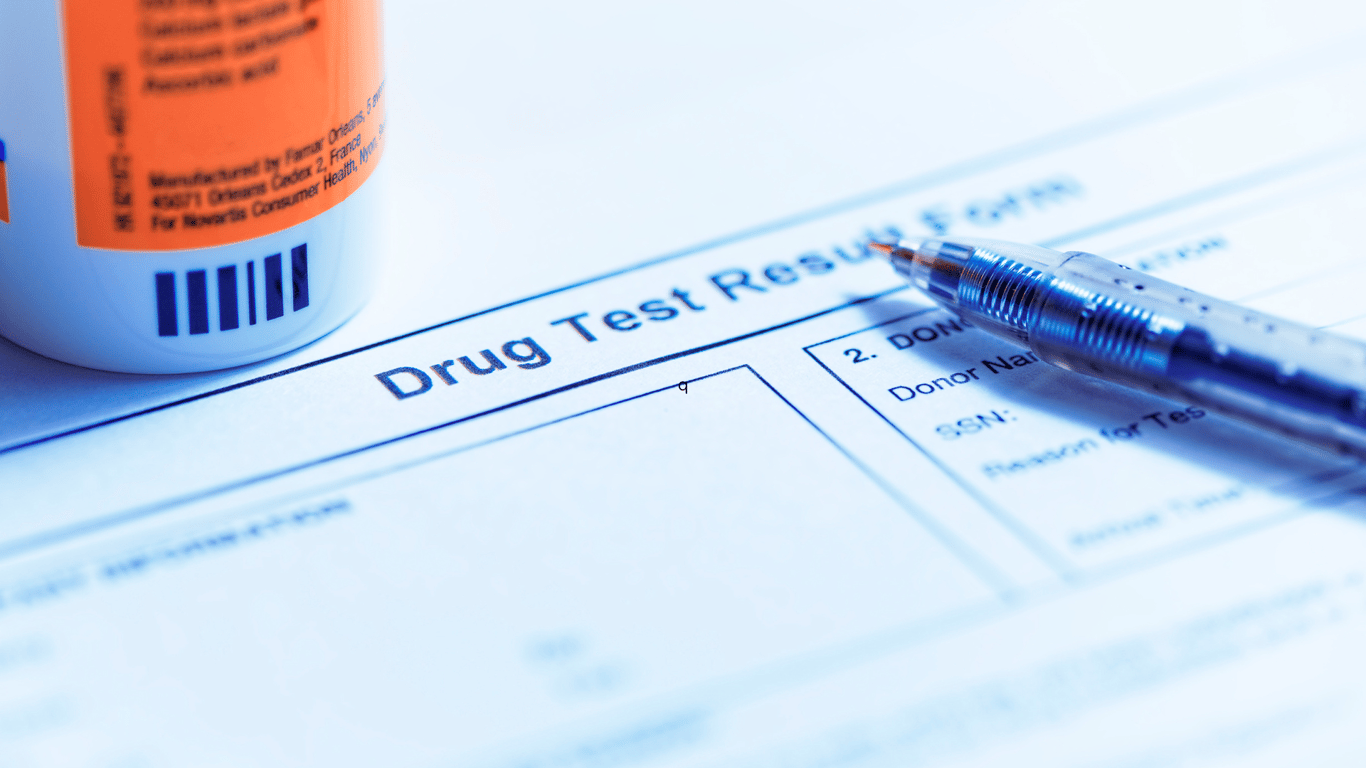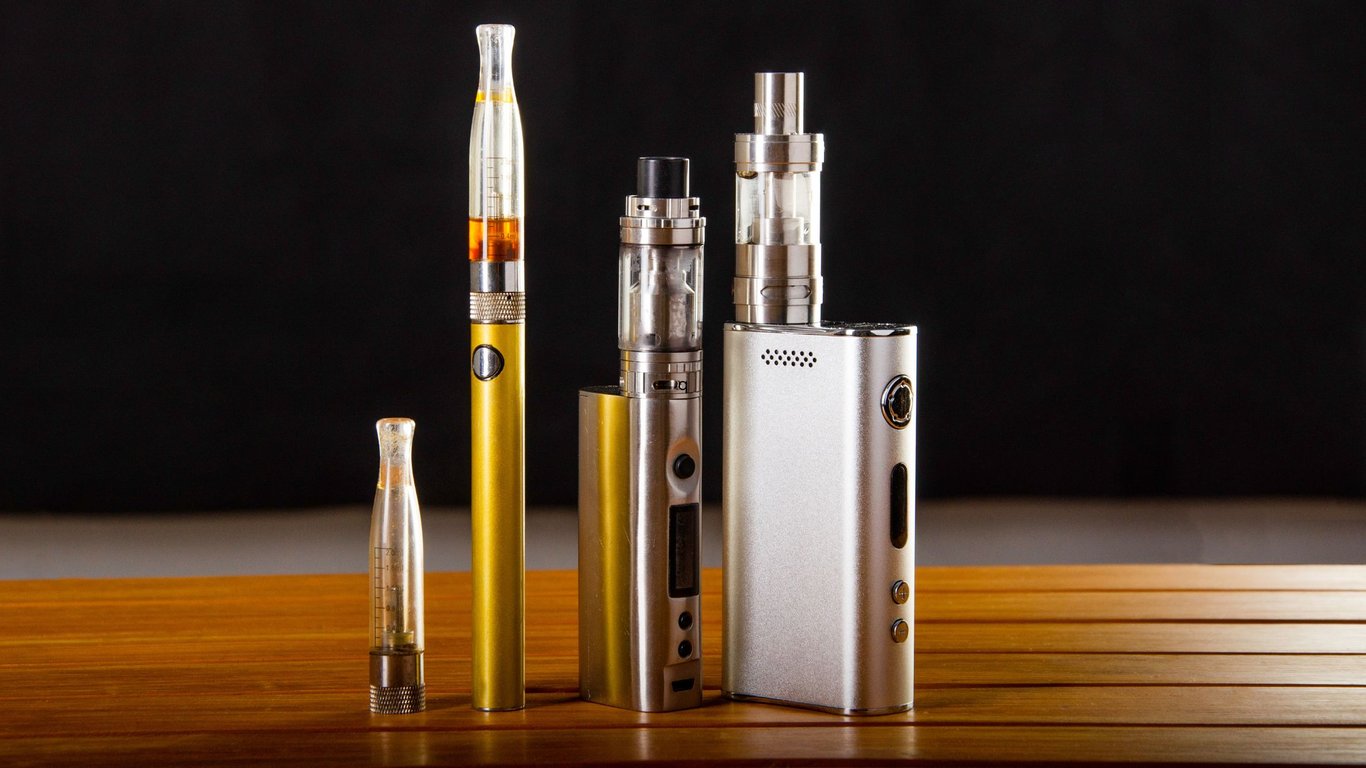
THC vapes are used for both recreational and medicinal purposes. Many people wonder about the implications for workplace screenings or legal requirements. A common concern is whether using these could lead to positive drug tests. Specifically, does vaping THC show up on a drug test?
The short answer is yes, it can. It depends on several factors, including the type of test, frequency of use, and how each person’s body handles THC. Infrequent, moderate, and heavy THC vapers can find out here about some averages on how long THC can be detected. We’ll also take a look at how THC can build up in the body, plus the actual metabolite (what forms after THC metabolizes) that’s tested for. Vapers can get a clearer picture about what testers are looking for and how THC can be detected hours, days, and even months after usage.
How Drug Tests Work
Drug tests are designed to demonstrate the presence of certain substances or their byproducts in the body, serving purposes from employment verification to medical monitoring. They typically target metabolites—chemical remnants produced as the body breaks down drugs—rather than the active compounds themselves. This allows tests to detect use even after the immediate effects have worn off.
Types of Drug Tests
Urine samples are checked for THC-COOH, which is a main breakdown product from marijuana. Blood tests look at the active THC in the blood, giving a quick picture of use that happened very recently. Saliva swabs can be used for detection, too, and they're often used by police at traffic stops. Hair tests give the longest history, showing use patterns over many months.
THC Vapes and Detection
THC vapes release THC without burning it. People like them because they're easy to hide and carry, but that doesn't change the main chemical that goes into the body. Once you breathe it in, THC gets into the lungs and blood very fast, spreading to parts of the body like the brain and fat areas.
Absorption and Metabolism
Using a vape makes the effects start faster than eating cannabis, but the way the body breaks it down is about the same: the liver changes THC into THC-COOH, which mostly leaves the body through urine. Whether a test picks it up depends on how much THC builds up, which is affected by how much you use and how often. Absorption can happen to a greater degree in people with more body fat, as THC is fat-soluble, binding to fat cells.
Can a Drug Test Detect THC From Vapes?
Yes, a THC vape drug test functions just like one for smoked or ingested cannabis. Standard panels screen for the same metabolites; it doesn’t matter how the cannabis was consumed. Data shows even a single vaping episode can trigger a positive urine result, with THC-COOH levels rising in some, but not all, study participants.
Factors Influencing Positivity
Individual variables play a big role. Infrequent users might clear traces faster, while daily vapers face extended risks. Testing sensitivity matters—some employers use cutoff levels of 50 ng/mL for initial screens, escalating to 15 ng/mL for confirmation. If you're facing a test, timing is crucial; abstaining for weeks may be necessary (check these timeframes THC can remain detectable in urine), since THC traces can build up in the body. With various tests, THC detection can be achieved up to 90 days after use, such as with a hair follicle test.
Common Misconceptions
Outdated information and misconceptions circulate, and often need clearing up, so people can understand what’s involved in vaping and testing for THC:
- While vaping delivers THC more efficiently, the detection window is largely the same as with smoking. How long does THC stay in your system? That depends more on usage patterns than delivery.
- Even moderate-strength products can exceed detection thresholds with repeated use. THC can accumulate in the body over time.
- Hydrating or using detox drinks may dilute samples temporarily, but labs check for adulteration, potentially flagging the test as invalid.
Knowing these points ahead of time can help people keep from getting blind sided by a positive test.
Legal Considerations
Cannabis can be legal in your locality, but prohibited by your employer. If you drive or operate machinery or perform other safety-sensitive jobs, there likely will be zero tolerance. A person who fails an employment drug test can face probation or job loss.
Health Implications
A vaper can avoid smoking-related toxins and some lung irritation, but could be exposed to vape-associated illnesses like EVALI. Long-term effects of vaping on respiratory health remain under study. Consult a healthcare provider for personalized guidance. Moderate vape habits and sourcing vape devices and e-liquids from reputable retailers can help reduce risks.
To illustrate drug test detection times for THC via vaping, consider these averages based on usage (not on specific vaping type, as wax pen and traditional vaping both allow for detection on these timeframes):
- Urine: 1–3 days for one-time use; 5–7 days moderate; 10–15 days daily; up to 30+ days chronic.
- Blood: 2–24 hours post-use.
- Saliva: Up to 24–48 hours.
- Hair: Up to 90 days.
These windows can shift with body composition and test sensitivity, so can’t be used as hard and fast numbers that apply to everyone.
Drug Tests Can Detect THC from Vapes
Through learning about how tests operate, how long THC stays in the body, and clearing up misconceptions, individuals can approach THC detection from vaping with clarity. Being informed can help people make better decisions. Abstinence periods tailored to your situation can help. It’s a personal decision if/when/how to vape CBD. Now that you have some information, you can go forward in the way you choose.
If you’re looking for quality vape products in multiple nicotine and flavor varieties, we have them at Vape Ecigs. Enjoy vaping knowing that you can purchase from a trusted retailer that offers the devices and accessories you need, including Logic Vapes, JUUL Pods, Vuse Vapor, and Blu.
The post Can a Drug Test Be Administered With THC Vapes? appeared first on Blog Vape-Ecigs.






